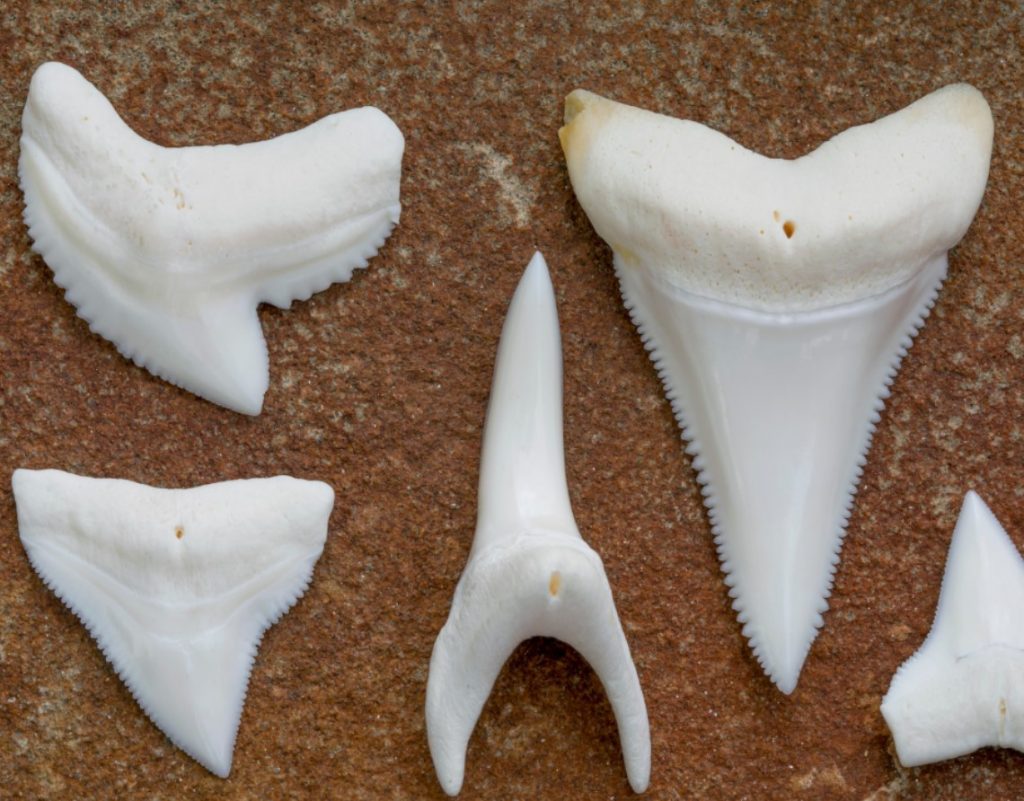In the quest to better raise public awareness about marine wildlife and notably sharks, we have conducted outreach and education initiatives throughout Belize since 1999. From 2001 onwards, these initiatives were expanded to several other countries including Madagascar, Micronesia, Mexico, Guatemala, Cuba, and Honduras. However, we needed to know whether our efforts had been effective in changing entrenched mindsets of fear or disgust. We also needed guidance in honing our conservation messages to better effect changes in the use of unustainable fishing gears such as nets and longlines, consumer preferences and stewardship of marine megafauna.
As sharks in particular are feared by many worldwide including Belize, we were keen to understand what lay behind this fear and subsequently identify communication strategies in order to mitigate that fear. Specifically, a national survey was conducted in Belize to assess the public’s knowledge, perceptions, and management preferences for elasmobranchs. It followed a standard pre/post format with 25 questions. Pre surveys were conducted in 2011, prior to outreach activities, and post surveys were completed in the winter of 2013/14 following a 2.5 year outreach campaign. The objectives of this survey with Belize’s public were to 1) Identify levels of knowledge, perceptions and attitudes towards sharks; 2) Reveal national patterns of consumption of shark meat; 3) Highlight proposed management and conservation options; 4) Assess the effectiveness of the strategies used in the outreach campaign.
Pre-survey results helped us to develop and tailor an outreach strategy that has provided many opportunities to educate and inspire, and helped to expand our outreach for sharks and rays along the MesoAmerican Reef. Results indicated that the Belizean public has a good basic knowledge of sharks and rays. Unfortunately, close to half of respondents of the post survey feared sharks and rays, with more women fearing sharks than men. Despite this fear, more than 80% of respondents supported the protection of sharks and rays in both 2011 and 2014. Belizeans believed that shark and rays were important to tourism, and therefore generate revenue for the country. However, we still need to increase awareness about the harmful health effects of consuming shark meat, particularly among men. Communities where shark consumption was highest included Belize City and southern coastal Belize.
Integrating perception surveys into management provides a highly replicable and strategic means of targeting conservation messaging and assessing often costly and time-consuming outreach efforts.



